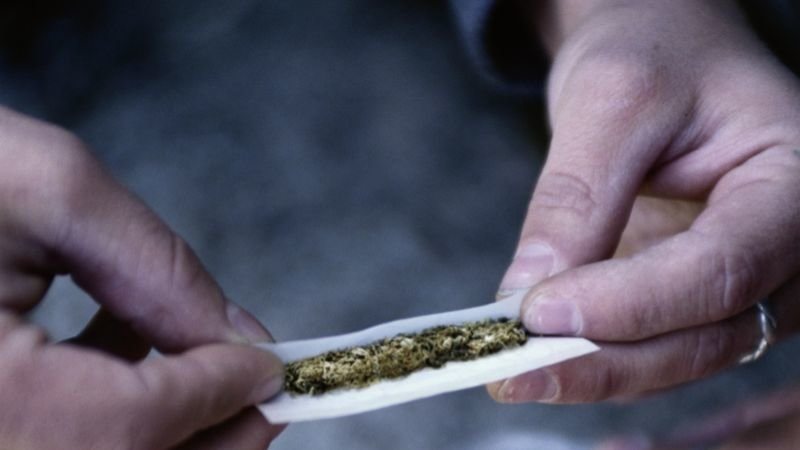Does Legalization of Medical Marijuana Increase Illicit Use?


The answer over a 20-year period in the U.S. seems to be yes.
To examine whether increases in illicit cannabis use are correlated with the passage of laws legalizing medical marijuana, researchers compared data from similar household surveys of U.S. adults conducted in three epochs over 20 years (1991–1992, 2001–2002, and 2012–2013).
The prevalence of cannabis use and cannabis use disorder (CUD) increased between the first and second surveys in states with medical marijuana laws (MMLs) at the first survey (early MML). An exception was California, the first MML state, which had a 69% higher rate of illicit cannabis use and 80% higher rate of CUD than rates in other states. Prevalences decreased in states without MMLs.
Between the second and third surveys, the percentage-point increases in prevalence of cannabis use and CUD were 3.5 and 1.0 in non-MML states, 2.6 and 0.1 in early MML states other than California and Colorado, and 5.1 and 1.7 in states that adopted MMLs after the second survey. Percentage-point increases were greater in California, with increases of 5.3 and 2.0, respectively. Another exception was Colorado, which modified its early MML law in 2009, resulting in an explosion of dispensaries. There, percentage-point increases were 7.0 and 2.7, respectively.



Comment
Over time, MML states have had higher rates of both illicit cannabis use and CUD than non-MML states. This impression is supported by the observation of sharply increased rates in Colorado after the law was changed to permit more dispensaries. California was so permissive before its MML that cannabis use did not further increase.
Another eight states have passed MMLs since the last survey. Clinicians in MML states should be alert to misuse of cannabis that, as investigators and editorialists point out, can predispose to addiction, psychosis, impaired driving, and suicidality.